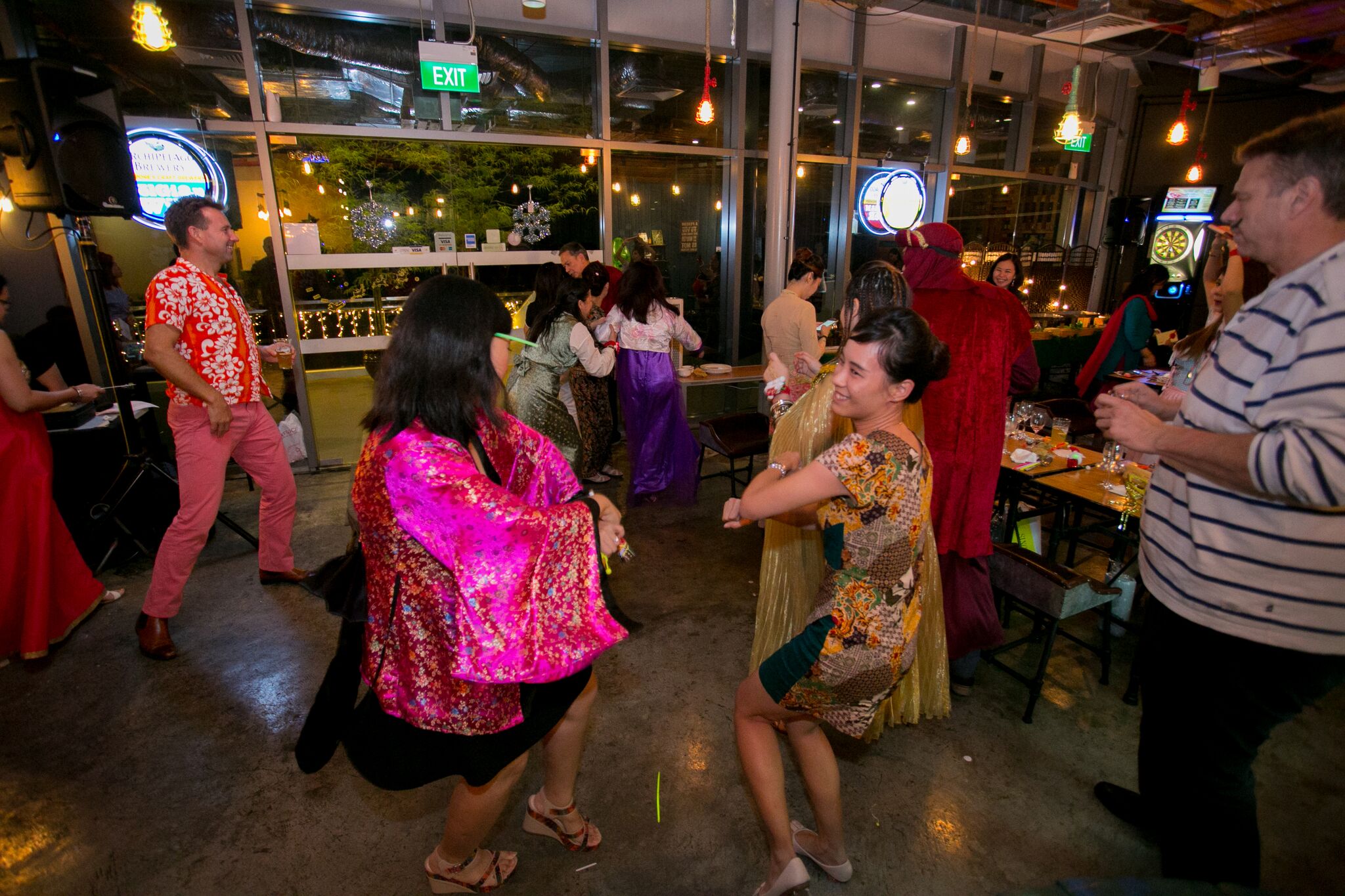Cultural Considerations in Team Building: Fostering Inclusivity and Diversity
In today’s interconnected global landscape, organizations are increasingly recognizing the importance of fostering inclusivity and diversity within their teams. As workplaces become more diverse, it’s crucial for team building initiatives to consider cultural nuances and sensitivities to create environments where every individual feels valued, respected, and empowered to contribute. In this article, we’ll explore the significance of cultural considerations in team building and strategies for fostering inclusivity and diversity within teams.
Understanding Cultural Diversity in Teams
Cultural diversity encompasses a range of factors, including ethnicity, race, nationality, language, religion, gender, sexual orientation, age, and socioeconomic background. Within diverse teams, individuals bring unique perspectives, experiences, and values shaped by their cultural backgrounds. Embracing cultural diversity enriches team dynamics, fosters creativity, and enhances problem-solving by bringing together a variety of viewpoints and approaches.
The Importance of Inclusivity in Team Building
Inclusivity goes beyond mere diversity; it involves creating an environment where every individual feels included, respected, and valued for who they are. Inclusive team building recognizes and appreciates cultural differences while promoting collaboration, communication, and mutual understanding among team members. By fostering inclusivity, organizations create spaces where individuals can thrive, innovate, and contribute their best work.
Cultural Considerations in Team Building Initiatives
Cultural Awareness Training
Provide cultural awareness training to team members to enhance their understanding of different cultural norms, values, and communication styles. Encourage open dialogue and discussions about cultural differences and similarities to promote empathy, respect, and appreciation for diversity.
Customized Team Building Activities
Tailor team building activities to accommodate diverse cultural backgrounds and preferences. Consider incorporating elements of cultural celebrations, traditions, and customs into team events and retreats to create meaningful experiences that resonate with all team members.
Language Accessibility
Ensure that team communication and materials are accessible and inclusive of individuals who speak different languages or have limited English proficiency. Provide translation services, language resources, and language-learning opportunities to facilitate effective communication and collaboration across diverse teams.
Respect for Religious Practices
Respect religious observances and practices by scheduling team events and meetings at times that accommodate diverse religious schedules and holidays. Encourage flexibility and understanding among team members regarding religious accommodations and preferences.
Promotion of Cross-Cultural Understanding:
Foster cross-cultural understanding and appreciation by encouraging team members to share their cultural backgrounds, traditions, and experiences with one another. Create opportunities for cultural exchange, storytelling, and learning through team lunches, cultural festivals, and diversity celebrations.
Benefits of Culturally Inclusive Team Building
- Enhanced Collaboration: Culturally inclusive team building fosters collaboration, cooperation, and synergy among team members by promoting respect, trust, and understanding.
- Improved Communication: Effective communication is enhanced when team members understand and appreciate each other’s cultural differences and communication styles.
- Increased Innovation: Diverse perspectives and experiences spark creativity and innovation, leading to more robust problem-solving and decision-making within teams.
- Greater Employee Engagement: Inclusive team building initiatives promote a sense of belonging and engagement among team members, leading to higher morale, job satisfaction, and retention rates.
- Positive Organizational Culture: Culturally inclusive teams contribute to a positive organizational culture characterized by respect, diversity, and inclusivity, which attracts top talent and enhances the organization’s reputation.
Conclusion
Cultural considerations in team building are essential for fostering inclusivity, diversity, and belonging within organizations. By embracing cultural diversity, promoting inclusivity, and respecting individual differences, organizations can create teams that are stronger, more innovative, and more resilient. Culturally inclusive team building initiatives not only enhance collaboration and communication but also contribute to a positive organizational culture where every individual feels valued, respected, and empowered to contribute their unique perspectives and talents. As organizations embrace diversity as a source of strength and competitive advantage, culturally inclusive team building becomes a cornerstone of success in today’s globalized world.
To head back to read another article in our blog, click here.

